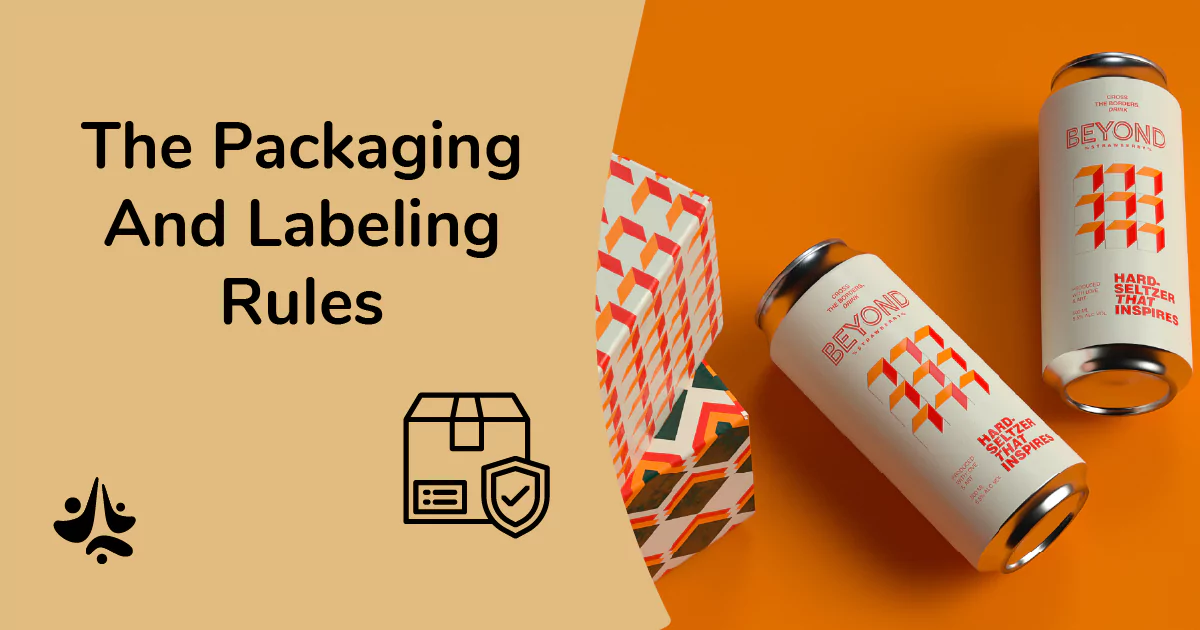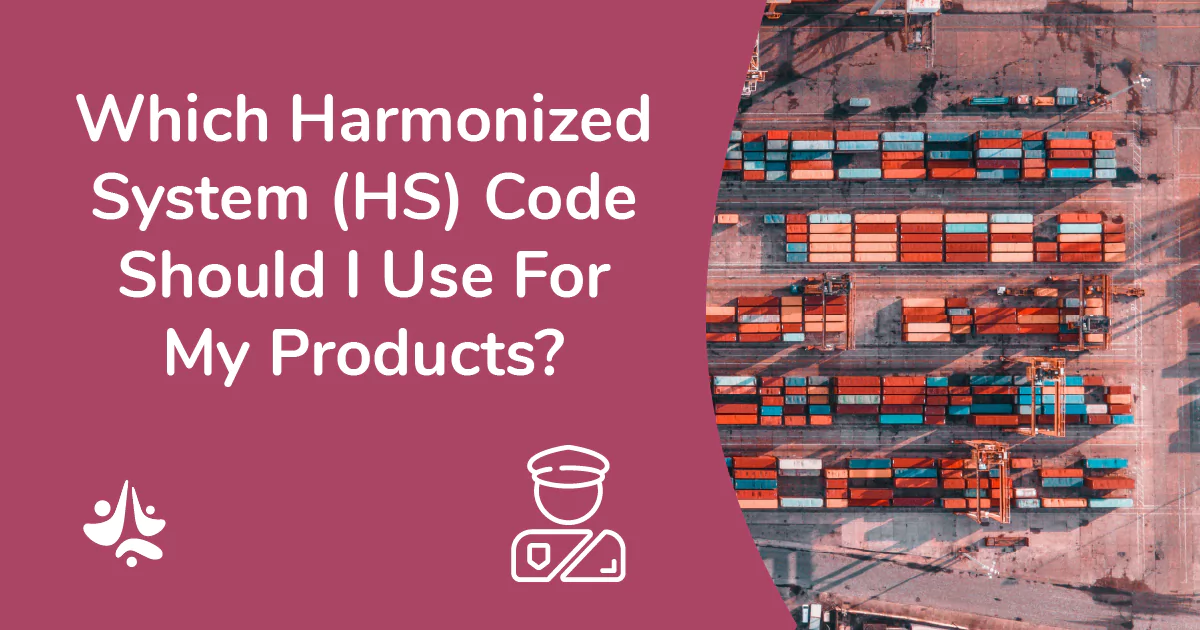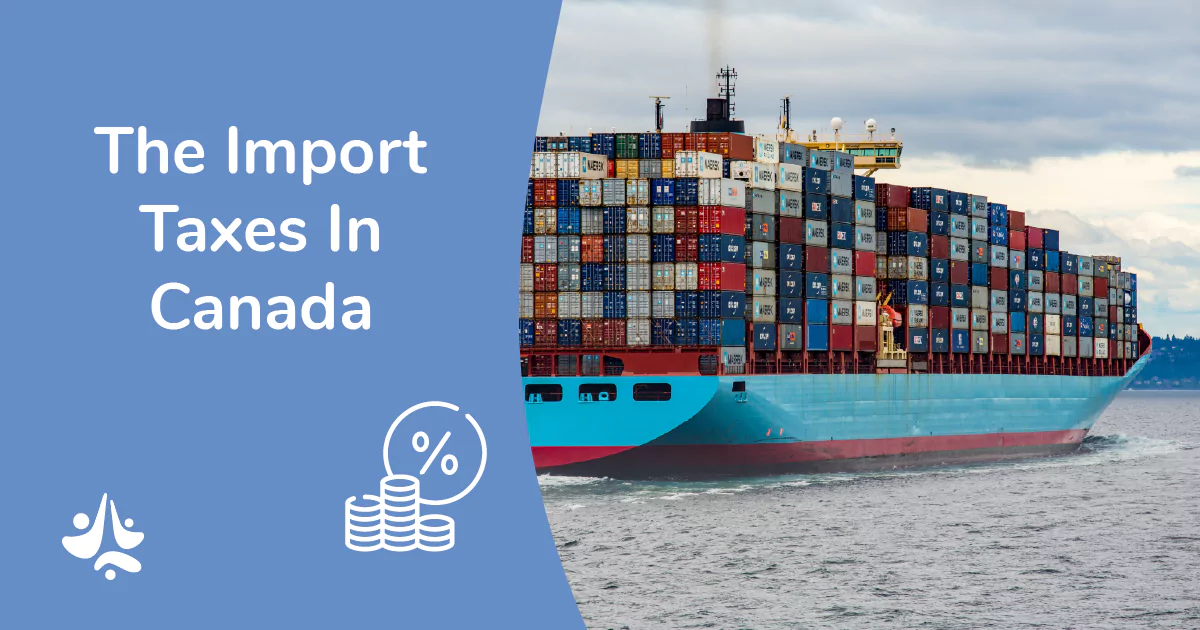The NoLo (No and Low alcohol) movement, which was introduced in the previous ten years, has become extremely popular in the beverage business, changing consumer tastes and upending established dynamics in the alcohol market. Producers are now searching for creative ways to satisfy this rising demand as a result of consumers' attention being drawn to this trend toward healthier substitutes. At All Callao, we sincerely believe that wine distributors, NoLo producers, and NoLo consumers who want to grow internationally must have a solid awareness of the NoLo sector and its trends.

How the NoLo Movement Emerged
The NoLo movement is a reflection of a larger cultural movement toward thoughtful consumption and better lives. Customers are searching more and more for substitutes that let them take advantage of drinking's social benefits without any of the negative impacts on their health. As a result, there is a growing market for premium low- and non-alcoholic drinks. These days, NoLo products come in a variety of options, such as mocktails, wine, spirits, beer. These drinks are expertly blended to offer flavors and experiences that are comparable to those of their alcoholic equivalents, but without the alcohol. The NoLo concept appeals not only to those who want to reduce their alcohol intake but also to those who choose not to drink at all. It provides an inclusive and enjoyable experience for everyone, regardless of their drinking preferences.
For producers, distributors, and retailers, the NoLo idea offers a substantial possibility for economic diversification. Businesses can adapt to shifting consumer tastes and capitalize on a burgeoning market niche by providing NoLo choices. All things considered, the NoLo idea signifies a change in the beverage business toward more considerate and inclusive options. It enables people to take advantage of social gatherings without sacrificing their particular preferences or health. The NoLo idea has something for everyone, whether it's a sophisticated mocktail or a refreshing non-alcoholic beer.
This article will examine how NoLo goods are affecting the conventional wine and spirit market, as well as the rise of these new production powerhouses. We will examine the potential economic ramifications of this new product category, including the opportunities and difficulties it poses for established producers. We will also look at how this could potentially reshape the global beverage market, with nations such as England or Germany taking the lead in NoLo production and challenging established wine giants like France.
Economic Impact of NoLo Beverages
Market Opportunities
The emergence of NoLo goods has created new market niches and drawn a wide spectrum of customers who were either uninterested in or excluded from the alcohol industry in the past. Several variables can be linked to this shift:
Customers who are concerned about their health: Many people are making the decision to cut back on or completely eliminate alcohol from their diets due to the increased focus on fitness and healthy lives. These customers can still enjoy the social aspects of drinking while maintaining their health objectives by using NoLo drinks. This group includes people who are actively attempting to cut back on their alcohol consumption as well as people who have health issues that prohibit them from drinking.
Religious and cultural justifications: Drinking alcohol is forbidden or discouraged in many cultures and faiths. NoLo drinks offer a welcoming substitute for people from these backgrounds, enabling them to partake in social drinking events without transgressing their customs or beliefs.
Those who designate themselves as drivers and abstainers on occasion: These two groups comprise a significant portion of the NoLo market. They abstain from alcohol for a variety of personal reasons. These customers frequently feel excluded from social events where alcohol is served. NoLo drinks provide them with a classy and entertaining substitute.
The daring and intrigued: Lastly, there are those who are just looking to try something new and are only intrigued about non-alcoholic beverages. These people value the chance to try different flavors and experiences and are drawn to the novelty and inventiveness of NoLo products.
NoLo products broaden the beverage market by catering to a variety of customer niches. They also democratize drinking by making it more approachable and inclusive for all. As a result, beverage firms' customer base grows and they have substantial expansion potential.

Developing Innovations for an Increasingly Successful Product
The beverage industry has seen a surge in innovation as a result of the quest for the ideal NoLo drink. In order to make goods that rival their alcoholic equivalents in terms of taste, complexity, and sensory experience, producers are heavily investing in research and development and experimenting with novel procedures and ingredients. A variety of strategies are used in this pursuit of excellence, including cutting-edge production methods, flavor enhancement, the use of premium ingredients, teamwork, and customisation.
Manufacturers are investigating cutting-edge methods to extract alcohol from conventional wines and spirits or to make non-alcoholic beverages from scratch, such as vacuum distillation, reverse osmosis, and spinning cone column technology. Producers may accommodate a wide range of client tastes by customizing each approach to generate distinct flavor profiles. Each technique has its own advantages.
Producers are experimenting with a vast array of artificial and natural flavors, botanicals, and other additives to mimic the mouthfeel and taste of alcohol. These ingredients not only make non-alcoholic beverages taste better, but they also give them rich, nuanced flavors that can compete with those of classic alcoholic beverages.
From using premium grapes, grains, and other raw materials to sourcing ingredients locally and responsibly whenever feasible, the emphasis on quality permeates every facet of production.
High levels of co-creation and collaboration define the NoLo sector, which supports a thriving and dynamic innovation ecosystem. In an environment where ideas are freely shared and new concepts are quickly produced and tested, producers, researchers, and consumers collaborate to create new items and enhance those that already exist.
Producers are starting to offer bespoke and customized products based on individual preferences as the NoLo market grows. This covers everything from customized NoLo cocktails to subscription services that choose NoLo drinks according to each individual customer's taste preferences.
Better products are the outcome of the NoLo industry's unrelenting quest of innovation, which also propels market expansion. Manufacturers are drawing more customers to the NoLo category and securing its place as a significant participant in the global beverage market by consistently pushing the envelope of what is feasible.

Challenges for Traditional Producers
Market Adaptation and Product Diversification
The rapidly changing NoLo scenario presents considerable concerns for traditional alcohol manufacturers. These manufacturers run the risk of falling behind as customer preferences change in favor of healthier, lower-alcohol products. It's becoming more and more necessary for companies to diversify their product portfolios to incorporate NoLo choices; this shift calls for a multifaceted strategy.
It also takes getting over reluctance to change, accepting a mental adjustment, and being open to trying out novel methods and components. It's imperative for manufacturers to strike a balance between tradition and innovation; they need to figure out how to add NoLo items to their current product lines without losing sight of their core market or diminishing their brand identity.
Often, diversifying into NoLo products requires investing in new production capacities. To satisfy the particular needs of NoLo beverages, manufacturers would have to develop whole new manufacturing lines, renovate their existing facilities, or buy new equipment. Gaining experience in NoLo product development is crucial since producing NoLo drinks of superior quality necessitates a thorough grasp of flavor science, ingredient interactions, and production methods.
Another difficulty faced by traditional alcohol companies entering the NoLo market is navigating regulatory complications. Regulations pertaining to the NoLo market are distinct from those governing standard alcoholic beverages. Producers are responsible for ensuring compliance and averting any legal hazards.
Lastly, conventional alcohol manufacturers need to clear up any consumer doubts or misunderstandings regarding NoLo goods. This entails telling customers the truth about the advantages of non-alcoholic drinks, busting myths, and proving that these goods may provide for a fulfilling and pleasurable drinking experience.
For non-alcoholic producers and distributors expanding into new countries, navigating global legislation and certifications poses a considerable barrier. Rules and specifications pertaining to the manufacturing, labeling, and distribution of alcoholic beverages, as well as non-alcoholic goods, may differ throughout nations.
Knowing the regulatory framework and compliance criteria is one of the most crucial parts of managing foreign regulations. This entails getting the required licenses and permissions, adhering to packaging and labeling laws, and guaranteeing the safety and quality requirements of the products.
In order to satisfy legal criteria and win over customers, certifications are essential. It is imperative for NoLo distributors and manufacturers to ascertain the pertinent certifications in every intended market and undertake the requisite procedures to get them.
Navigating foreign legislation can be made easier by working with local legal experts or consultants. They may assist in deciphering and adhering to intricate regulatory frameworks to guarantee that NoLo products fulfill all prerequisites.
NoLo manufacturers and distributors may create a strong presence in new regions, win over customers, and maintain compliance by effectively managing global certifications and regulations.
The Need for Investment, Research and Development
Research and development (R&D) expenditures in the NoLo sector must be considerable in order to match the high expectations of consumers. It's difficult and demanding to make goods that have the same sensory appeal as alcoholic beverages while also tasting nice. It calls for a thorough understanding of flavor science, component interactions, and production methods in addition to a dedication to innovation and constant development.
In order to improve the overall sensory experience of their NoLo offerings, manufacturers must investigate novel methods for extracting or suppressing alcohol while preserving desired flavors and aromas. They should also investigate the use of substitute ingredients, such as botanicals, natural flavors, or aromatic compounds.
R&D expenditures could also cover presentation and packaging. To compete with regular alcoholic beverages, NoLo products need to have a sophisticated and aesthetically pleasing appearance. In order to make sure that their NoLo products stand out on shop shelves and appeal to consumers, producers need to take into account elements like bottle design, labeling, and marketing materials.
Ultimately, traditional alcohol companies need to make significant investments in R&D in order to be competitive in the NoLo market. By investing in the creation of cutting-edge, superior NoLo products, they may stand out from the competition, satisfy customers, and get a firm footing in this quickly expanding market niche.

Economic Impacts
The worldwide beverage sector is witnessing a notable reallocation of market share due to the popularity of NoLo products in parallel to the decrease of alcohol consumption that seem to operate globally. Hence, new competitors coming from new countries are entering the market as customer preferences continue to shift toward healthier, lower-alcohol choices, forcing established producers to share the market with them.
The existing order in the beverage business is being disrupted by the introduction of new players, including start-ups and creative beverage companies. These entrants frequently provide original concepts, distinctive goods, and cutting-edge marketing techniques that are sensitive to changing consumer tastes. They are thereby threatening the dominance of established alcohol companies and gaining market share.
In reaction, a lot of established manufacturers have come to understand that in order to stay competitive, they must change and broaden their product offers. To cater to the increasing number of customers looking for healthier options, producers will have to make investments in the creation of NoLo items, purchasing or collaborating with NoLo brands, and stepping up their marketing campaigns.
In addition to changing the competitive environment, market share redistribution spurs industry innovation and expansion. Both new and established companies are vying for market dominance by making R&D investments, enhancing product quality, and looking into new avenues for distribution. In the end, consumers gain from this increased competition since they have access to a greater range of premium, low- or no-alcohol beverages.
In a nutshell the global beverage sector is experiencing a redistribution of market share due to the rise of NoLo goods. This is forcing established producers to change and adapt in order to stay in business. This change is spurring competitiveness, encouraging innovation, and ultimately changing the face of the beverage industry.
As both new and incumbent competitors work to offer better, more enticing products that fit changing consumer tastes, this dynamic cycle propels the industry forward.
Innovation breeds more innovation in this positive feedback loop. Manufacturers are pushing the boundaries of the industry as they release new NoLo goods and innovations. In order to keep up and stay relevant in the market, rivals are thus encouraged to invest in their own R&D projects.
As a result of this never-ending cycle of innovation, consumers and the industry alike gain from a constant flow of enhanced goods, novel production techniques, and inventive marketing approaches. Beyond the creation of new products, innovation has a positive feedback loop. Innovations in distribution, packaging, and sustainability are also included. Manufacturers are always searching for methods to enhance the whole customer experience, from the time a product is bought until it is used and appreciated.
The NoLo market is guaranteed to stay active, alive, and adaptable to the shifting demands of customers because of its all-encompassing approach to innovation.
Innovation's positive feedback loop promotes cooperation and information exchange among industry participants. Manufacturers are becoming more and more involved in partnerships, joint ventures, and other types of collaboration as they realize the advantages of working together to solve shared difficulties and advance the industry. This collaborative attitude is helping the NoLo sector flourish and thrive by quickening the speed of innovation.

A Time of Change and Innovation
The emergence of NoLo goods is causing a profound transformation in the global beverage business, drastically altering the economic environment and igniting a new phase of innovation. New market opportunities have been brought about by the growing customer desire for healthier, lower-alcohol alternatives. At the same time, conventional manufacturers are facing problems as they must diversify and adapt to be competitive.
This change has a complex economic consequence since it redistributes market share when new competitors emerge and long-standing manufacturers upgrade their products. The current competitive environment is fostering a positive feedback loop of innovation, whereby the ongoing improvement of product creation, packaging, distribution, and sustainability practices is driven by the quest of quality and customer pleasure.
NoLo's unique beverage sector appears to have a bright future ahead of it as it grows and matures. The NoLo market will continue to grow and be a significant force in society thanks to the persistent search for better products and the flexibility of both new and established businesses. In the end, this move toward healthier options will not only transform the global beverage market, but it will also help to create a more dynamic and diverse sector that can adapt to the changing demands and tastes of customers all over the world.



.webp)


.webp)










